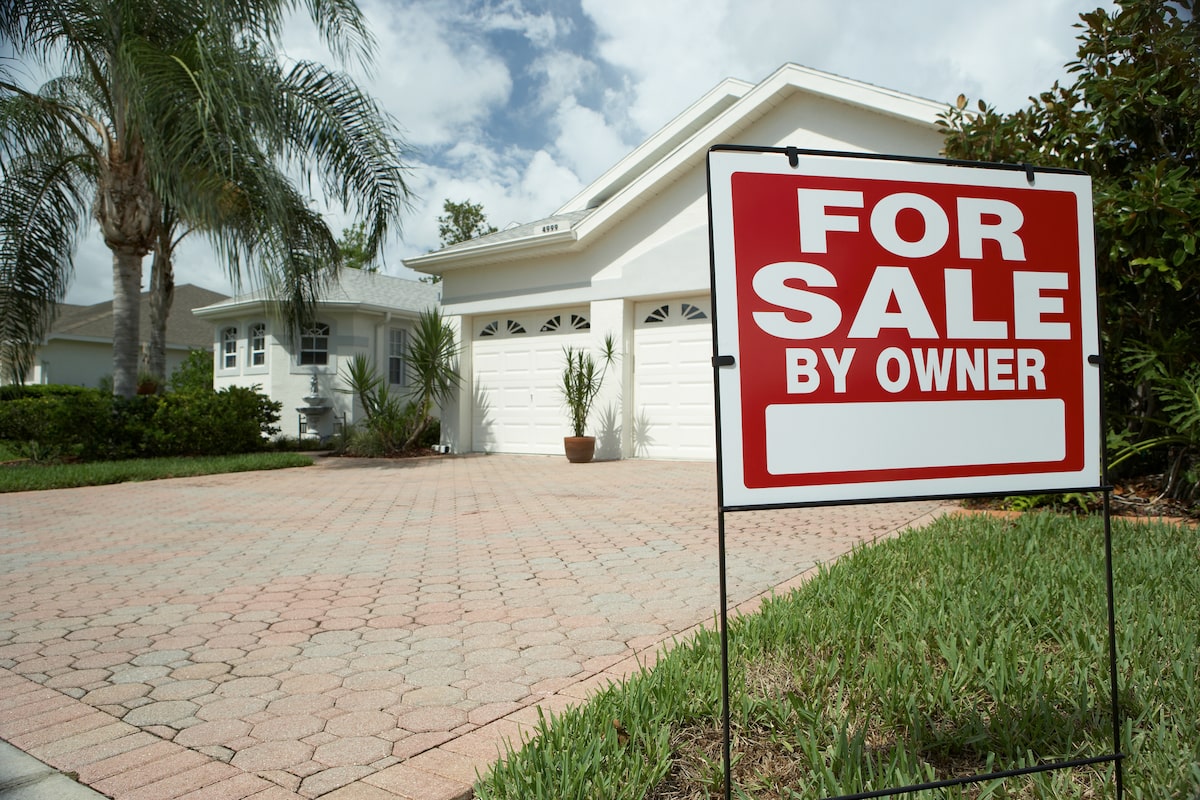The number of Canadian tourists choosing Florida as a getaway is down sharply in 2025.nycshooter/iStockPhoto / Getty Images
Gus Carlson is a U.S.-based columnist for The Globe and Mail
Some people are calling it the potential Covid 2.0 of Florida real estate – for better or worse.
The prospect of Zohran Mamdani becoming New York City’s next mayor – and his promises to raise taxes sharply on wealthy city dwellers – has some in Florida expecting another mass migration to the Sunshine State that could drive up house prices to levels not seen since the pandemic.
Florida Governor Ron DeSantis has publicly predicted that a win by Mr. Mamdani, a democratic socialist who has repeatedly declared his distaste for the rich, will spark a rush of moneyed New Yorkers to Florida, and see prices in tony enclaves such as Palm Beach rise as much as 20 per cent.
Last month, Mr. DeSantis underlined his point, sarcastically naming Mr. Mamdani Palm Beach realtor of the year.
Opinion: Dear New York, you are no longer the centre of the world
Eric Adams drops bid for re-election in New York City mayoral campaign
Florida real estate sales agents got a hint of the anxiety among wealthy New Yorkers when inquiries about relocating to Florida spiked after Mr. Mamdani easily won the Democratic primary in June. His winning platform was built on plans to raise taxes on those earning $1-million or more a year, increase corporate taxes, and target what he calls “richer white neighbourhoods.”
With the Nov. 4 election about two weeks away, and Mr. Mamdani enjoying a comfortable lead at the polls – some put him ahead by 20 points – the inquiries are spiking again. Some Miami agents report a 50-per-cent increase.
The last time activity was so vigorous was during the pandemic, when hundreds of thousands of people left New York, the bulk of them for states like Florida, which has no state income tax.
A buying frenzy drove down inventories of resale houses and prices skyrocketed, as relocating executives took advantage of remote work flexibility and the fact that if they were needed back at the office, most Florida destinations are less than a three-hour flight from New York City area airports.
The migration of New Yorkers was a main contributor to Florida surpassing Texas as the fastest growing state in the U.S. last year.
The potential boom may be a selling opportunity for Canadians who own property in Florida. They have been buffeted by high condominium homeowners association fees, sky-high insurance premiums, displeasure with U.S. President Donald Trump’s posture toward Canada, as well as a Canadian dollar hovering around US$0.70.
Canadians have consistently been the largest foreign owners of Florida real estate over the last several years. But Mr. Trump’s tariffs and teasing about Canada becoming the 51st state have soured many Canadians on the U.S.
The number of Canadian tourists choosing Florida as a getaway is down sharply so far this year, with many citing Mr. Trump as the reason. It’s not inconceivable that Canadians who own property in Florida might decide that the combination of Trump fatigue and a thundering herd of cash-heavy newcomers eager to pay top dollar make now the time unload.
But not all Floridians are happy about the prospect of having even more New Yorkers in town. Particularly in South Florida, the pandemic rush and its hangover have put infrastructure under enormous pressure.
Miami has become the new Los Angeles in terms of drive-times and congestion. Construction of office and condominium towers in Broward and Palm Beach counties has snarled arteries and strained public services.
And then there’s New Yorkers’ legendary rudeness. As one Palm Beach elementary school father said as he watched a car with New York licence plates cut into the drop-off line of cars: The best thing about New Yorkers used to be that they arrived at Thanksgiving and left after Easter. Now they stay all year long.
Whether or not Mr. Mamdani‘s policies will indeed trigger a mass exodus is unclear. What is clear, though, is that the candidate has not backed off his war-on-the-wealthy posture, presumably because his messages resonate with a lot of voters and have driven up his poll numbers.
But polls are not necessarily a reliable indication of reality, as the last few U.S. presidential elections have proved.
Despite his popularity, Mr. Mamdani and his advisers might heed the warning signals from Florida and consider Margaret Thatcher’s suggestion that the problem with socialism is that eventually you run out of other people’s money.
If the predictions of another migration out of the city are correct, Mr. Mamdani may run out of wealthy people before he has the chance to run out of their money.

